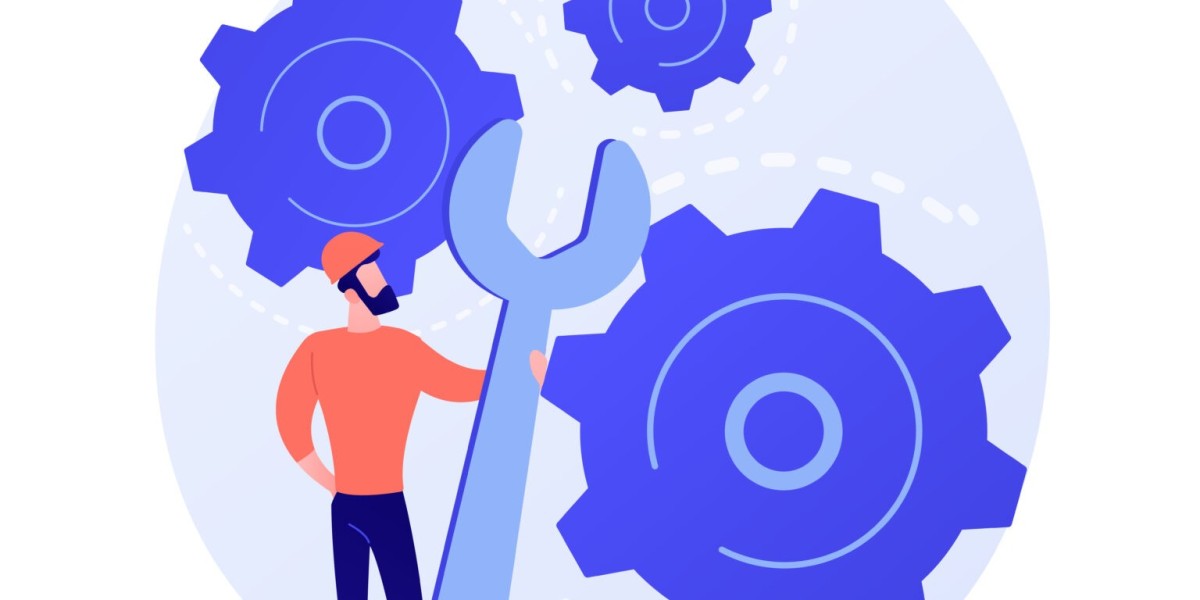One of the most critical determinants of the lifespan of a high-pressure water jetter is proper maintenance. Like any equipment, they need regular maintenance to ensure they operate effectively.
Below are suggested regular maintenance tips that will keep your sewer jetterr unning successfully.
Maintenance Tips
1. Always clean your water filters.
Water filters being filled with debris are the most common causes of pressure loss or in extreme cases, pump damage. There are two filters to prevent this – the sock filter located inside the water tank lid, and the plastic water filter “T” that is situated where water feeds into the pump. Both can easily be cleaned by removing and cleaning by hand. This is something that should be done daily.
2. Fluid Filter Services
All jetting machines require fluid filter services, but the interval requirements are different for each engine. The vast majority of US Jetting machines have Tier 3 or Tier 4 Hatz engines which require the following jetting services.
Tier 3 fluid filter change – after first 50 hours, then every 250 hours or once a year (whichever comes first)
Tier 4 fluid filter change – after first 50 hours, then every 500 hours or once a year (whichever comes first)
You may be able to do these yourself or you can bring your machine in for our jetting machine services offered at the Georgia or California office, or at various dealers located around the US.
3. Regular Inspections
Various components should be inspected, and below is a (non-exhaustive) guideline for what to check and how often.
Every Jet Job – Prior to Operation
- Inspect hose for any damage or rips
- Check your water filter bowl & mesh filter to ensure it is clear of any debris. Make sure you check the inside of the mesh filter as that is where debris will collect.
- Make sure sock filter is present and clean
- Check oil levels for the pump (using pump site gauge) and engine (using dipstick)
Regularly (Approx. Every 30 Hours)
Check your pump mounting and adjustment bolts – tighten them once a month to protect your belt from getting loose and shredding as a result
Annually
Check frame for any cracks
Check brakes (when applicable) by hooking trailer to a truck and verifying they are stopping appropriately
If you have hydraulic brakes, check your hydraulic reservoir to ensure it is still full of liquid
Check safety chains for any weak or worn areas
4. Inspect your sewer nozzles.
Nozzles play a crucial role in the performance of your hydro jetting machine. Since nozzles are regularly working in debris, they can become clogged which can cause your hydro jetter to spike in pressure. This is particularly likely when working with fine debris such as sand or sludge.
To clean your jetter nozzle, use the appropriate tip cleaners. Enz nozzles all have ceramic inserts and therefore must only be cleaned with ceramic tip cleaners. Most other nozzles, such as Warthog nozzles, all have steel inserts that can be cleaned with standard tip cleaners.
5. Inspect your machine’s hoses and use all recommended protective gear.
High-pressure hoses are a crucial component required for high-pressure water jetting. Therefore, it is imperative to keep them in the best shape possible. Always use recommended safety gear such as tiger tails, manhole protective rings, and leader hoses to extend your hose’s lifespan. In addition, regularly inspect the hose for any wearing points, kinks, or rips.
Need Jetting Services Today?
The lifespan of a hydro jetting machine is hugely based on the care and maintenance provided for it. Extend the life of your machine by following the manufacturing guidelines listed in your manual.
If you need assistance with your jetting machine services, give us a call today!
In addition to providing jetting service across the US, we also offer sewer jetters for sales and sewer jetter rentals. Ask your USJ representative for more details.


